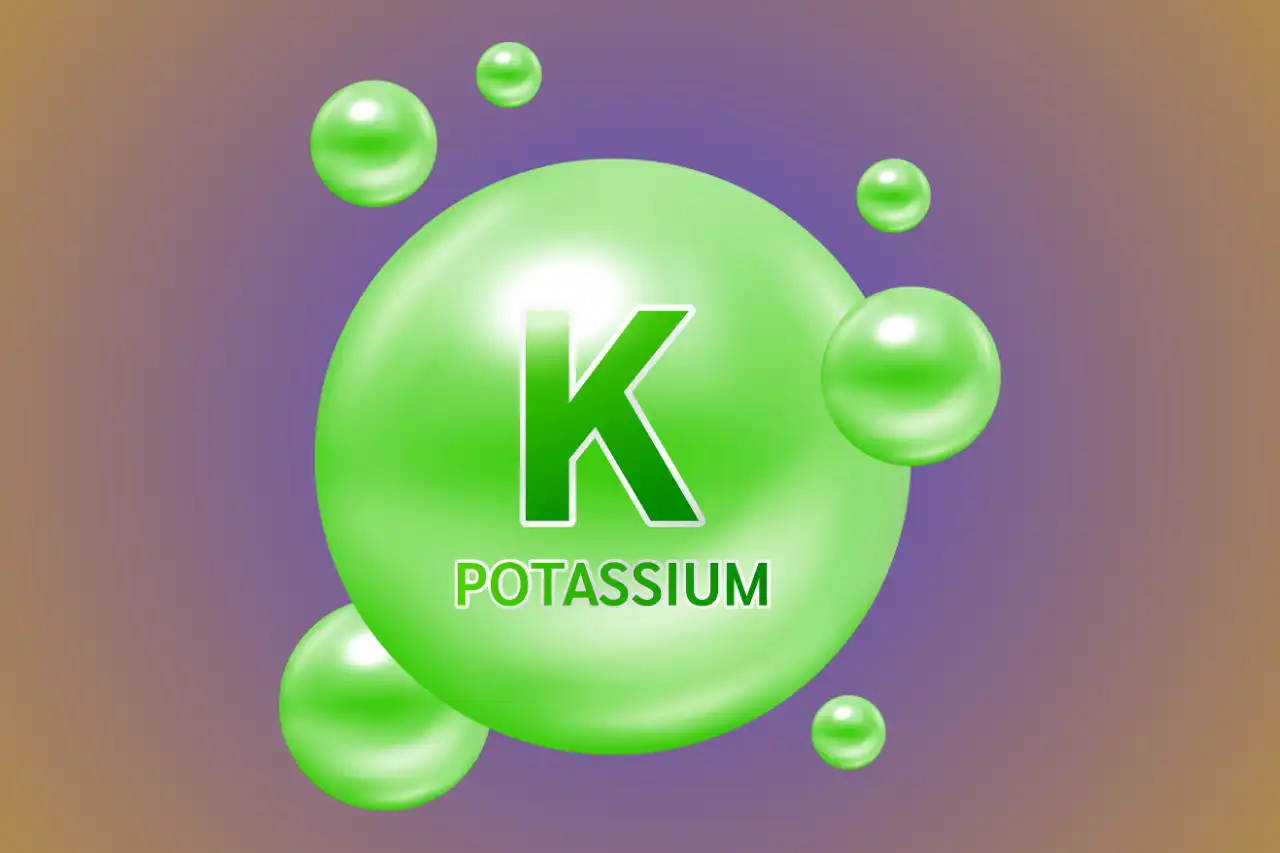-: PHOSPHORUS :-
PHOSPHORUS – THE VITAL MINERAL FOR BONE HEALTH AND BEYOND…!!!
Phosphorus is a crucial mineral found in every cell of the body. It plays a significant role in forming bones and teeth, producing energy, and maintaining cellular health. Next to calcium, phosphorus is 2nd the most abundant mineral in the body.
Daily Requirements
Men
- Teens (9-18 years) – 1,250 mg per day.
- Adults 18+ years – 700 mg per day.
Women
- Pregnant / Breastfeeding women – 700 mg per day.
Children
- Infant (0-6 months) :- 100 mg per day.
- Infant (7-12 months) :- 275 mg per day.
- Children (1-8 years) :- (460-500 mg) per day.
Function on different Organ
- Bones & Teeth
Details
Phosphorus, along with calcium, forms hydroxyapatite, the primary mineral component of bones and teeth. It strengthens our bones, supports bone growth and repair, and prevents conditions like osteoporosis.
- Brain
Details
Phosphorus is a key component of phospholipids (like phosphatidylcholine and phosphatidylserine), which are essential for nerve cell membranes. It supports cognitive function, memory, and nerve signaling. It is also involved in ATP (adenosine triphosphate) production, providing energy for brain activities.
- Heart
Details
Phosphorus is crucial for the production of ATP, which powers heart muscle contractions. It also helps maintain the balance of electrolytes in the heart. Thus it ensures normal heart rhythm, supports cardiovascular function, and prevents muscle weakness or irregular heartbeats.
- Liver
Details
It plays a role in energy metabolism and detoxification processes. Phosphorus is needed for the synthesis of phospholipids, which are vital for liver cell membranes. Also it helps in the metabolism of fats and proteins, and aids in the detoxification process.
- Kidneys
Details
Helps in filtering waste and maintaining pH balance in the blood. It supports kidney function and prevents conditions like kidney stones or kidney disease. However, excessive phosphorus can harm kidney health, especially in people with chronic kidney disease (CKD).
- Pancreas
Details
Phosphorus is required for insulin release and proper pancreatic enzyme function. Thus it supports digestion and blood sugar regulation.
- Gut (Digestive System)
Details
It plays a role in nutrient absorption, digestion, and maintaining gut health.
It also aids in breaking down carbohydrates, fats, and proteins, facilitating proper digestion and nutrient assimilation.
- Skin
Details
Phosphorus is involved in cell regeneration and the formation of skin cell membranes.
Thus it helps to maintain healthy, glowing skin by supporting tissue repair and reducing inflammation.
- Hair
Details
It supports protein synthesis, particularly keratin, which is essential for hair strength and growth.Promotes healthy hair growth, prevents hair loss, and strengthens hair strands.
- Eyes
Details
Phospholipids in the retina rely on phosphorus to maintain vision and eye health.
Supports vision, prevents age-related macular degeneration, and contributes to overall eye function.
Symptoms incase of Deficiency
Phosphorus deficiency (hypophosphatemia) is rare but can lead to several symptoms, including:-
- Bone pain and fragile bones.
- Muscle weakness and fatigue.
- Loss of appetite and weight loss.
- Numbness and tingling sensations.
- Respiratory issues.
- Anemia.
- Weak immune function.
Diagnosis
To check potassium levels in the body, doctors may recommend:-
- Serum Phosphorus Test
Details
A Serum Phosphorus Test is commonly used to determine phosphorus levels in the blood. It helps identify deficiencies or imbalances linked to various health conditions.
Food Sources
Veg Sources
- Whole grains
- Brown rice.
- Oats.
- Legumes
- Lentils.
- Chickpeas.
- Kidney beans.
- Beans.
- Vegetables
- Green peas.
- Cauliflower.
- Corn.
- Garlic.
- Potatoes.
- Nuts and seeds
- Pumpkin seeds.
- Sunflower seeds.
- Other
- Chocolate.
Non-Veg Sources
- Fish
- Salmon.
- Cod.
- Tuna.
- Lean meats
- Chicken.
- Turkey.
- Red meat
- Beef.
- Pork.
- Dairy products
- Milk.
- Yogurt.
- Cheese.
- Others
- Eggs.
- Organ meats (Liver).
What if Overconsumption
Excessive phosphorus intake (hyperphosphatemia) can have negative health effects, including:-
- Kidney Damage: Overload of phosphorus can strain the kidneys.
- Calcium Imbalance: High phosphorus levels may lead to low calcium levels, causing weakened bones.
- Vascular Calcification: In severe cases, excess phosphorus can contribute to the hardening of arteries.
- Headache.
- Stomach upset.
- Diarrhea.
- Trouble in breathing.
- Dizziness, or feeling confused.
- Anxiety.
Phosphorus is an essential mineral that contributes to bone strength, energy production, and cellular repair. A well-balanced diet rich in both plant-based and animal-based foods can help maintain optimal phosphorus levels. While deficiency is rare, it is crucial to avoid overconsumption to prevent long-term health complications. Prioritizing this vital mineral ensures overall well-being and a robust physiological foundation.












